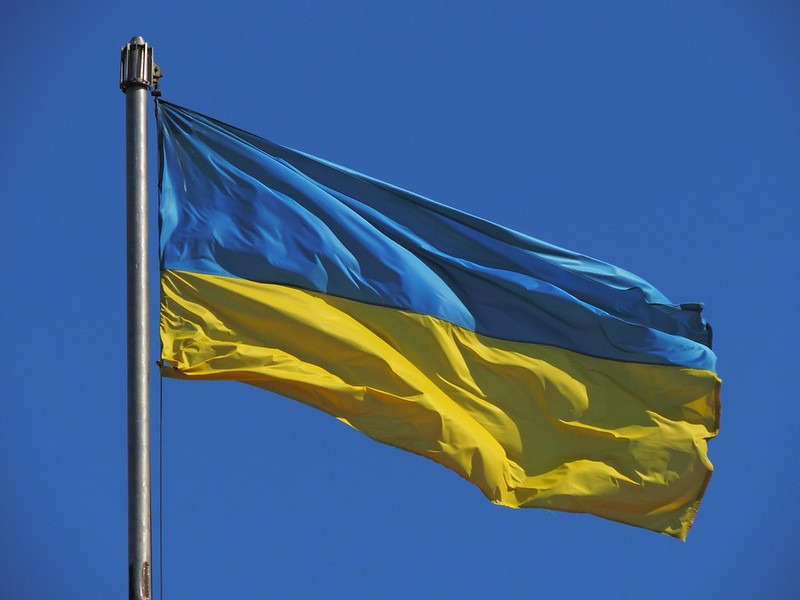
Main narratives:
- General anti-government sentiments
- The incompetence of the current government
- Anti-support for Ukraine
Overview:
This week, Kremlin-aligned media in Lithuania focused on internal political developments, devoting extensive coverage to the resignation of Defence Minister Dovilė Šakalienė. The topic quickly became a focal point for disinformation narratives and conspiracy theories, which framed the event as evidence of deep political intrigue and corruption within the Lithuanian government. Outlets circulated sensational headlines such as “what really happened behind the scenes and what games did the minister play?” Commentators questioned the motives behind the resignation, asking, “Why is President Nausėda clinging so tightly to Šakalienė?” Such framing aimed to cast doubt on the transparency of Lithuania’s political institutions and to erode public trust in state leadership.
Personal attacks against Šakalienė were also widespread. Commentators portrayed her as self-interested and financially motivated, claiming that “once she lost direct access to money, there was no reason left for her to remain a minister.” This narrative attempted to shift public perception from political accountability to personal greed, suggesting that power in Lithuania’s government is driven by individual financial gain rather than national interest.
In parallel, Kremlin-aligned outlets continued amplifying previously circulated narratives about the presence of the Ukrainian flag in the Seimas chamber. Building on last week’s stories, reports claimed that “the number of signatures under the petition against the legalization of the Ukrainian flag is growing,” presenting it as a popular movement. This narrative once again framed Lithuania’s support for Ukraine as excessive and misguided, attempting to stir public frustration by contrasting government actions with alleged domestic neglect.









